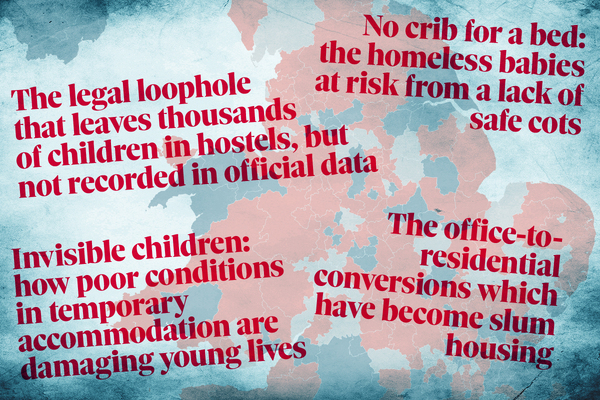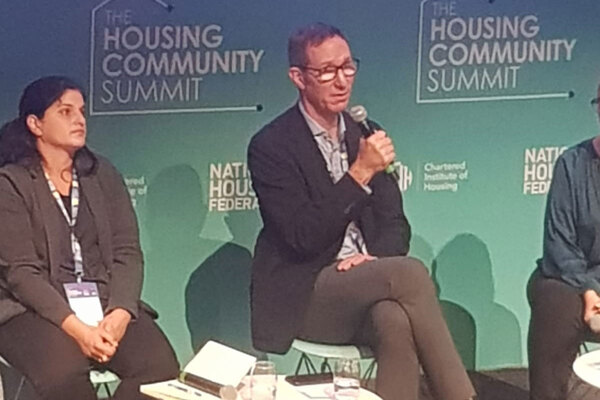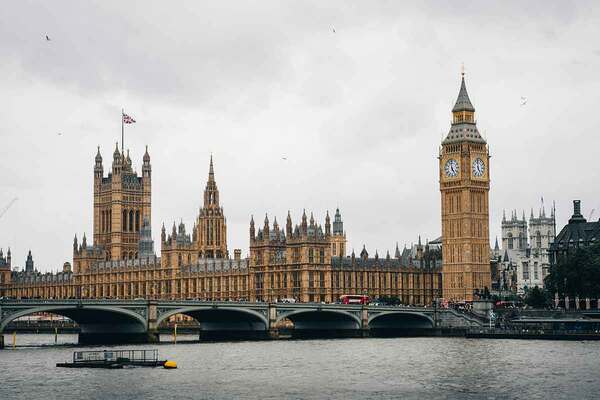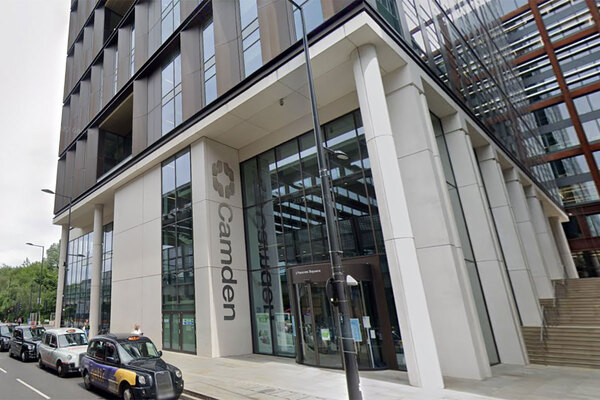You are viewing 1 of your 1 free articles
The future of London is at risk without social housing investment
Our capital city risks being hollowed out without investment in social homes, writes Ruth Davison, chief executive of Islington and Shoreditch Housing Association
A dystopian future where the world no longer exists and anthropomorphised towns and city states are eating each other for resources, is my son’s English text for this term. Scary. But not so sci-fi.
London risks being hollowed out, losing its social homes and therefore the mixed and vibrant communities that make it such a great city, as short-term pressures lead to long-term structural changes.
At a recent conference Jonathan Walters, deputy chief executive at the Regulator of Social Housing, talked about the financial pressures facing associations “that have significant exposures to the London housing market” and the resulting trend of mergers of London associations with partners outside the capital.
This makes me anxious for two reasons.
The first is that the pressure London associations are undoubtedly under is not only, or even, a product of the housing market. In many cases, it is the result of grossly inequitable political decisions about funding for the remediation of building safety issues in social rented homes. London has more tall buildings than elsewhere and more costs.
The second reason is that the loss of associations that build and operate only in London and for its communities, is irreversible.
"It’s already the case that in aggregate the large London-based G15 associations build more than 40% of their new homes beyond the M25"
The enlightened self-interest that drives these mergers delivers to the partners out with the capital chunks of some of the most expensive housing in the world and access to the land it sits on. Do we really believe that the borrowing capacity these homes deliver will be used to deliver additional social homes here in the capital?
Building in London is expensive. In the face of national housing crisis, and twice or thrice removed from communities, these new boards may well take the view that if you can build five homes in Hull for the price of one in Hackney, it’s a no-brainer. Worse, that if flogging half a dozen homes in Richmond builds rows of them in Redcar, that’s an even better deal.
According to a Freedom of Information request, it’s already the case that in aggregate, the large London-based G15 associations build more than 40% of their new homes beyond the M25.
I’m not saying the communities of Hull or Redcar and others don’t need investment. They do. But it shouldn’t be at the expense of communities in London, where last year, one in every 50 Londoners was homeless in temporary accommodation, 24% of the capital’s citizens lived in poverty (a 3% higher rate than the rest of the country), and London Councils spend £90m a month on temporary accommodation.
Instead of managing mergers, the sector should be shouting from the rooftops about the fact that the only people who do not have recourse to public funds to make their homes safe are social renters with a social landlord. Unless, of course, the landlord wants to declare itself unviable – which is the test – to access the fund.
“I’m not saying the communities of Hull or Redcar and others don’t need investment. They do. But it shouldn’t be at the expense of communities in London”
After Grenfell, which inquiry chair Sir Martin Moore-Bick concluded happened because of state and regulatory failure and mendacious manufacturers and contractors, the political settlement was that anyone who couldn’t hold contractors to account to make homes safe could access the building safety and cladding safety schemes to do the work, except social landlords on behalf of their social rented tenants.
Social renters – the very people who died in the worst post-war fire in British history.
As a group of London community SME associations, which together own and manage just little more than 60,000 homes, the L12 recently calculated that our exposure to building safety costs where we can’t get the money from developers or get access to public funds was £180m. That’s where the pressure is coming from.
The new government needs to act now and end this injustice, giving access to the anyway undersubscribed scheme, or London and its citizens will pay the price for years to come in lives blighted in temporary accommodation and bankrupt councils. A dystopian future indeed.
Ruth Davison, chief executive, Islington and Shoreditch Housing Association











